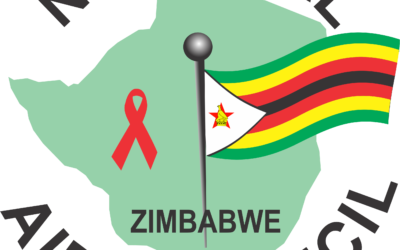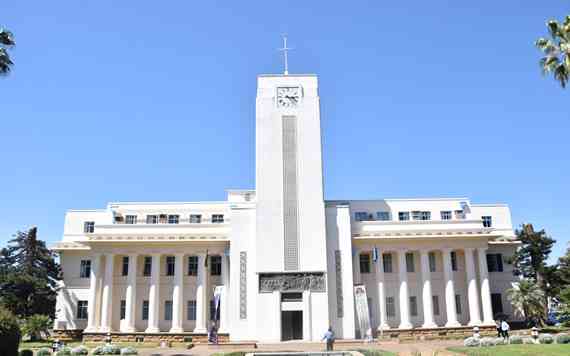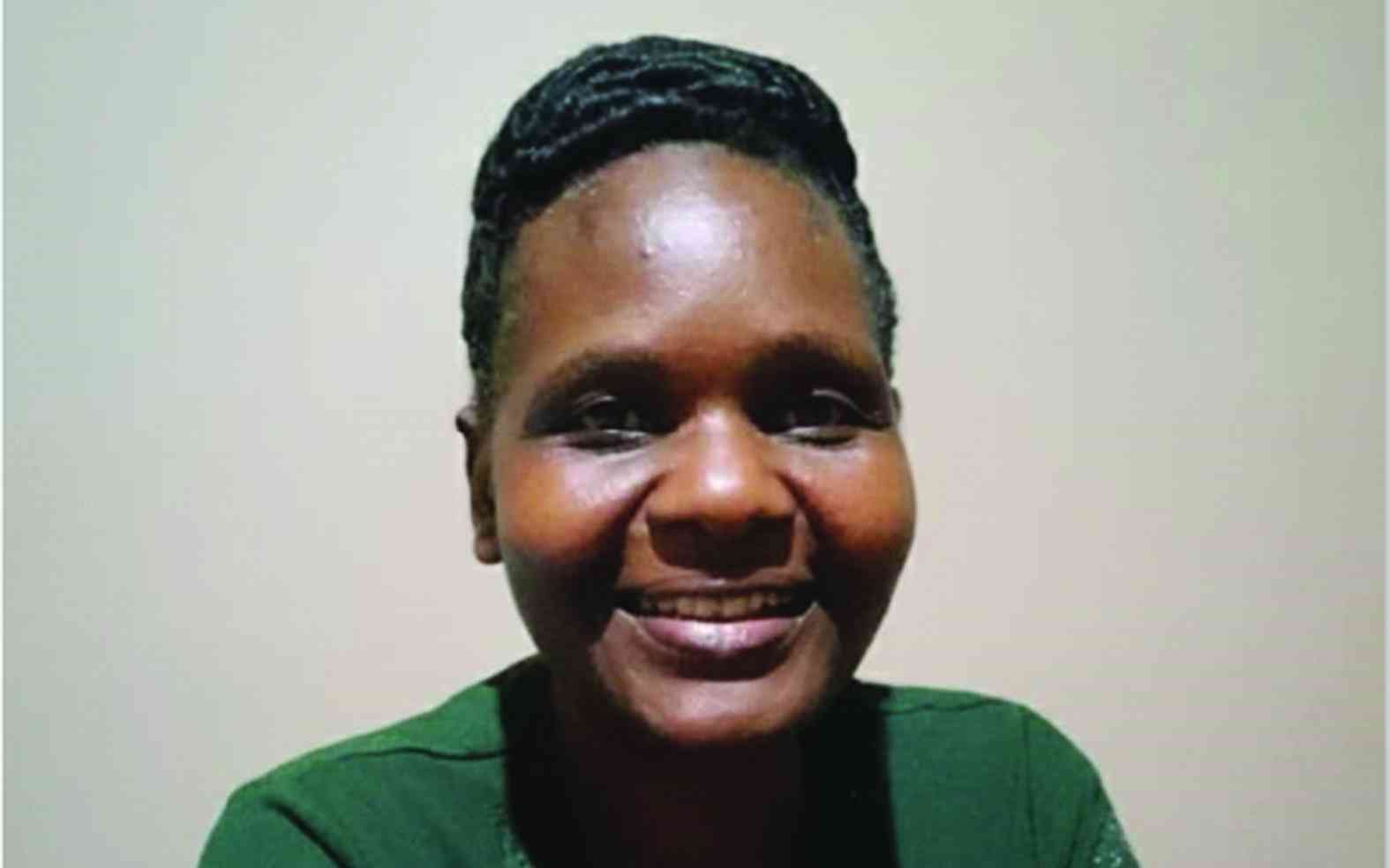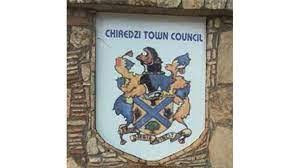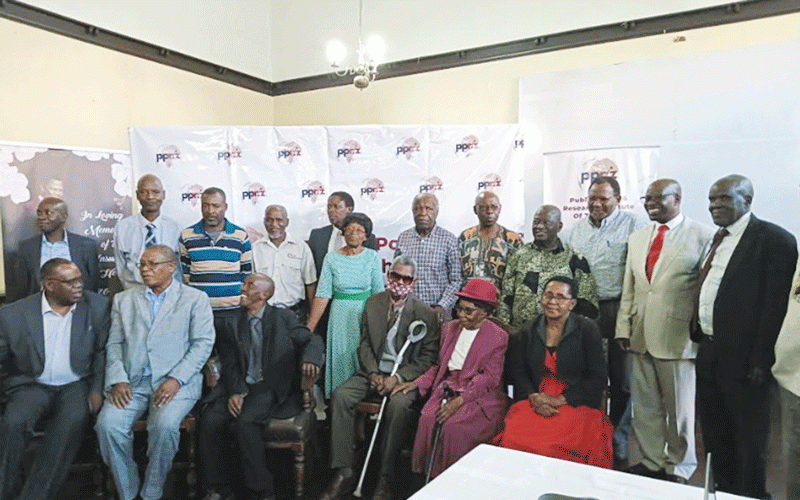
DESCRIBING the late academic, idealist and author Mthandazo Ndema Ngwenya only as a novelist is an understatement, considering that most of his intellectual work, academic, cultural and language presentations at public forums and learning institutions foretold the political, cultural and tribal/languages problems that the country faces today.
This was revealed by various speakers during the late Ngwenya’s inaugural memorial lecture organised by the Public Policy Research Institute of Zimbabwe (PPRIZ) and Ibhetshu LikaZulu in partnership with the Centre for Information Technology in Bulawayo on Thursday.
Ngwenya, who was born in 1949 in Nkayi, Matabeleland North province, died in October 19, 1992 in a car accident at the Heaney Junction together with his friend Themba Nkabinde on their way to Harare.
His brief political activism and academic excellence elevated him to the doyen of democracy, culture and language expertise.
In his literary works, he is known for his IsiNdebele novels such as Umhaso Zhi Mthakathi, Ungcingci Kandoyi and Ngitshilo Ngitshilo, among many others, most of which became setbooks in secondary and high schools.
Presenting a memorial lecture, academic, public policy researcher and analyst Samukele Hadebe said described Ngwenya as an academic, culture and nation-builder par excellence whose literary works, academic and public presentations foretold what is happening in today’s Zimbabwe.
He said Ngwenya was his teacher and mentor and at the time of his untimely death, he was a co-supervisor with Caleb Dube for his Bachelor of Arts Honours in Ndebele dissertation on late Continueloving Mhlanga’s play Stitsha.
He added that Ndema Ngwenya was a teacher at Sizane Secondary School in Bulawayo before he went to be a lecturer at the University of Zimbabwe, where he mentored him.
- ‘Late academic Ndema Ngwenya foretold present political, cultural, language crisis’
- ISiNdebele language under threat: Felix Moyo
Keep Reading
“Nkabinde, who perished together with Ngwenya, was also a very close friend of mine and had taught me Ndebele poetry before he left for South Africa. It was Nkabinde who taught Ndebele in the Faculty of Arts where I was a student while Ngwenya was in the Faculty of Education,” Hadebe said.
“Ngwenya would come as a guest lecturer at the invitation of Nkabinde. As eloquent as he was, Ngwenya would get a standing ovation from students after a star lecturer.
“In the subsequent lecture, Nkabinde would literally refute most of the claims by Ngwenya. He would do so systematically drawing from his vast reservoir of literary theories and we found ourselves clapping hands for him too.”
Hadebe said in his closing remarks to that fateful Open Forum public lecture at Grey’s Inn, Bulawayo, on 19 June 1992, Ngwenya had said: “Our present national leaders are seeking national unity by methods that will create the very opposite. None of us want to pay the price of that folly, premeditated or inadvertent. The sooner we wake up to realities of our history and ongoing reality, the better for democracy, development and stability.”
Hadebe said although expressed three decades ago, just 12 years after independence and five years after the December 22, 1987 Unity Accord, the advice was relevant then as it is today.
“Ngwenya was neither a prophet nor a clairvoyant, but an academic drawing from his intellectual power to analyse the trends, the prevailing balance of forces and a sharp appreciation of his society that enabled him to point to probable scenarios and their outcomes,” he said.
“Academics have expanded the frontiers of knowledge and nurtured this civilisation we may take for granted. Hence the continued survival of countries in general equally depends on academics through ideas as it does on lawmakers, soldiers and Statesmen and women.”
He said when Ngwenya warned the nation against the folly and pending disaster, he was merely doing his job as both a writer and an academic.
Hadebe said Ngwenya was an intellectual who lived far ahead of his time and he had foresight which enabled him to dictate shortcomings early into independence.
He said the late academic alerted his compatriots to reflect on yet uncharted paths to democracy, devolution, development and above all, nation-building in a post colony.
Hadebe said Ngwenya, both as a writer and academic, played a pivotal role in attempting to uplift the Ndebele language through literature.
“While Mthandazo wore many hats, it is without doubt that his fame arose from his literary works, especially as an IsiNdebele novelist. Some may not know that as we enjoy reading his creative works, Ngwenya was at his very best as a literary critic,” he said.
“His ideas advanced our understanding on State-building and nation-building, concept and practice of democracy, decentralisation, devolution and dederalism as well as principle of proportionality. Ngwenya painstakingly explained these proposals and how, if adopted, we could as a country have checks and balances and minimise abuse of power and authority.”
Ngwenya did not impose his ideas on Zimbabweans but merely expressed them as a genuine contribution towards seeking a better country for everyone, said Hadebe.
PPRIZ executive director Gorden Moyo said as they celebrated Ngwenya’s life, they were answering to threats of language and culture that the country is going through.
He challenged citizens to raise the bar to promote culture, at the same time urging the academics to instigate a change of attitude towards local languages and propagate Ndebele language that he said was facing serious threat.
“Over the years, there has been de-intellectualisation of academics. We are there in offices writing articles, but in public sphere, we are not there. We need those who go to studios, public forums and inspire ideas in public like what Ngwenya did,” Moyo said.
The memorial was attended by Ngwenya’s widow Elizabeth, his brother Sindiso, who is a past Common Market for Eastern and Southern Africa secretary-general, among other relatives, as well as academics such as Themba Dlodlo, Peter Zwide Khumalo, Reynard Khumalo, civic society representatives and residents.

